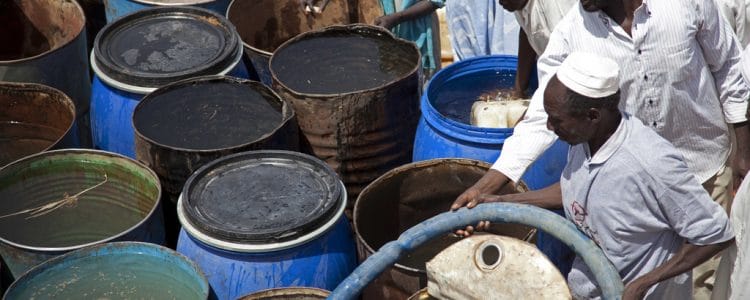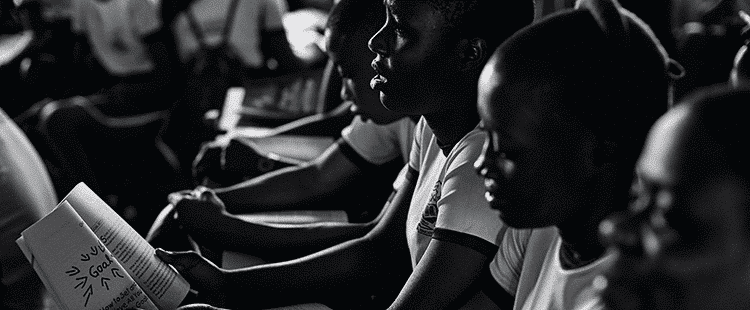
Food insecurity is a global challenge and important part of inclusive development. As such, improving food security is addressed in many humanitarian aid and development programmes. As food security touches upon both humanitarian aid and development, the challenge remains to implement sustainable programmes that bridge the gap between immediate relief (humanitarian aid) and sustainable development programmes.
On 12 September, INCLUDE Secretariat members Frank van Kesteren and Kim van Wijk presented the scoping paper ‘Strengthening the humanitarian assistance and food system development nexus in protracted conflict areas’. They produced this paper on behalf of The Broker at a workshop organized by the Food & Business Knowledge Platform (F&BKP) and Knowledge Platform on Security & Rule of Law. The paper explored the successes and challenges of interventions for food system improvement in protracted conflict areas and was used as the basis for discussions on United Nations Security Council Resolution 2417 on hunger and conflict.
The overall conclusion of the scoping paper is that integrated programmes combining interventions aimed at improving food systems and eliminating structural constraints are most likely to be (cost) effective. One of the key messages is the importance of incorporating social protection into programmes to reduce cash/credit constraints and increase stability. The paper highlights the potential of social protection to provide anticipating and stabilizing effects in humanitarian contexts and to promote peace and reconciliation in unstable areas.
Click here to read the scoping paper.
Read more about the workshop’s insights in the report on the F&BKP website via this link.




